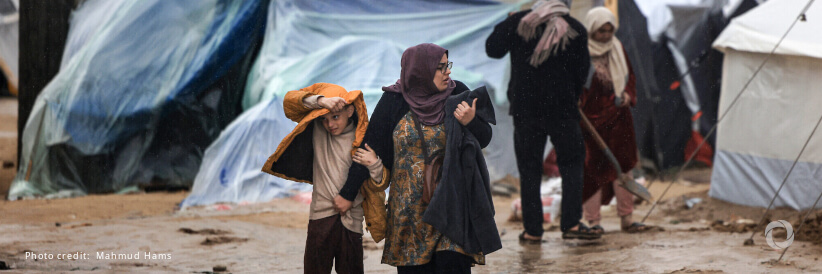At least 810,000 people have fled Rafah in just two weeks, UN humanitarians said, amid reports of ongoing Israeli military operations in the southern city and in the north of Gaza.
“Every time families are displaced their lives are at serious risk. People are forced to leave everything behind looking for safety. But there’s no safe zone,” the UN agency for Palestinian refugees, UNRWA, said in a post on X.
Accompanying the alert, images showed families with their belongings piled high on the back of cars and makeshift trailers; another photograph taken overlooking the coastline showed a mass of shelters for the displaced, all made out of simple sheeting and stretching all the way to the horizon.
According to the Gazan health authorities, at least 35,300 Gazans have been killed and more than 79,260 injured amid Israeli shelling since Hamas-led attacks in Israel on 7 October left some 1,250 dead and more than 250 taken hostage from southern Israel.
Latest data from UNRWA’s online logistics platform indicated that the delivery of humanitarian aid has stopped almost entirely via the main entry points to Gaza – the Rafah crossing and Kerem Shalom in the south.
Amid an escalation of military activity in eastern Rafah, no UN relief supplies reached the enclave on Sunday 19 May and only 27 aid trucks entered via Kerem Shalom on Saturday, according to the UN agency portal, which also showed that only 33 additional aid trucks have used Kerem Shalom since 6 May and none have entered via Rafah.
In the northwest of the enclave, the UN World Food Programme (WFP) reported that it has been using Erez West – also known as Zikim – to transport supplies and “try to get enough food to stop famine in its tracks”.
But Matthew Hollingworth, WFP Country Director for Palestine, insisted that humanitarians needed additional entry points for aid.
“Every new entry point is a new artery, pumping lifeblood into Gaza, so we will work hard to continue to find new entry points and get more assistance in, at volume, consistently,” he said in the aid agency’s latest update.

